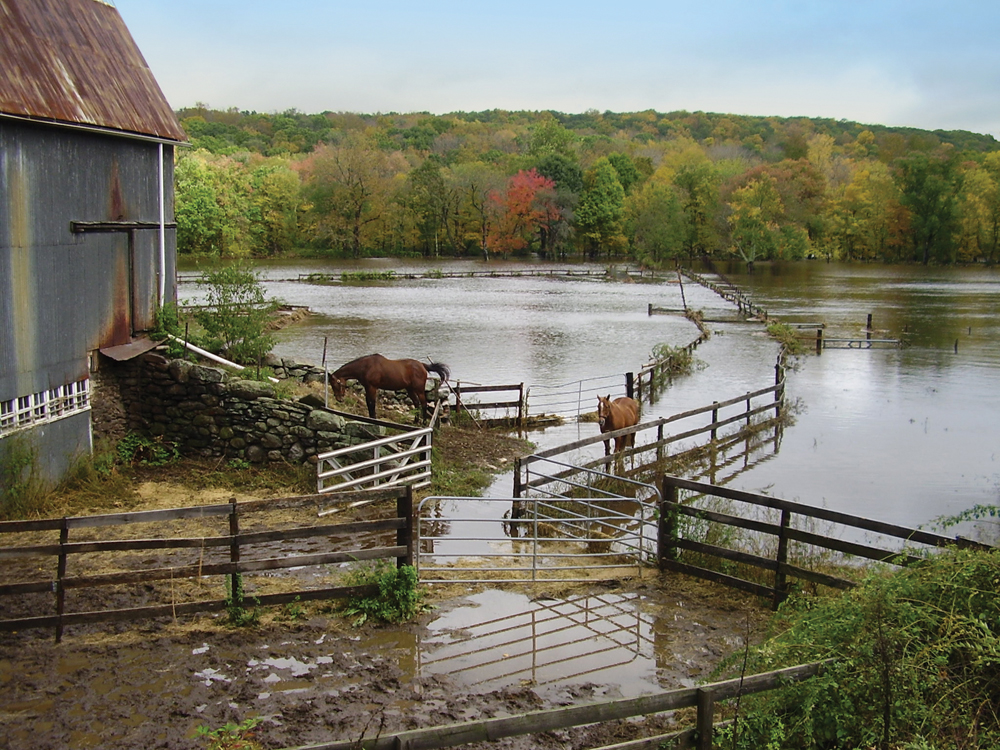Temporary storage is a regulated management option that allows a producer to store manure in the field for a short period of time without requiring permits or additional testing.
“Temporary sites offer a number of advantages — operators can avoid spreading on snow and frozen ground, can compost the manure, and can minimize the impact on road infrastructure,” said Chris Ullmann, a confined feeding operation extension specialist. “However, they are often misunderstood by the public. That’s why it’s important to carefully consider where to locate temporary storage.”
Read Also

More precious than gold
When commercial fertilizers no longer meet the needs of the world’s farmers, the value of manure will grow, says Alberta Farmer columnist Brenda Schoepp.
While the Agricultural Operation Practices Acts and regulations don’t require operators to register or permit a site, they do limit the length of time a location can be used, and include setbacks operators must abide by. As well, run-off from the site must not leave the property or otherwise create an “inappropriate disturbance.”
“In addition to the regulatory requirements, consider how your site and moving to that site will impact the community,” said Ullmann.
“Choose the site in advance with awareness of regulated setbacks; the presence of sensitive environmental receptors (like spring run-off patterns); safety issues, like the line of sight at an intersection; and public perception issues such as proximity to public gathering places or community centres.”
For more information on AOPA, manure management fact sheets or specifics about the applicable regulations, contact the Ag-Info Centre at 310-FARM (3276) and ask to speak to a confined feeding operation extension specialist. To register a complaint about manure handling or improperly placed storage, contact the 24-hour response line at 1-866-383-6722.














